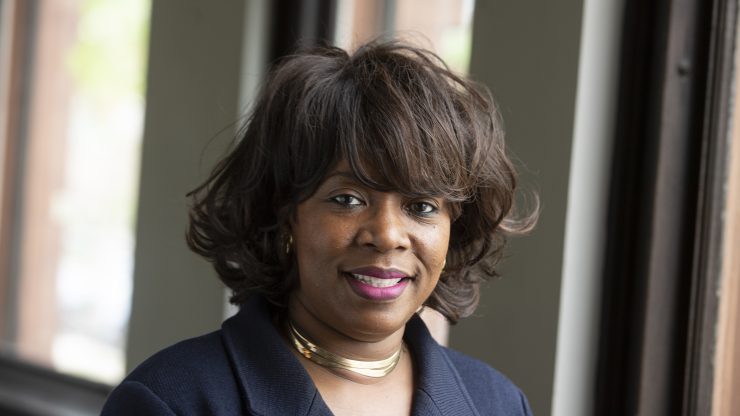At the Johns Hopkins School of Education, we believe that our most important institutions have an essential job to do if we are to fulfill the promise of America.
In 1966, James Coleman and his team at Johns Hopkins produced the watershed Equality of Educational Opportunity report, which, among other findings, identified the achievement gap between white students and their Black peers.
Today, we carry on that important work through our research, practice, and policy efforts dedicated to increasing educational opportunity and transforming the lives of all persons — inclusive of gender, race, color, ethnicity, national origin, age, disability, religion, sexual orientation, gender identity or expression, and veteran status. We are committed to nurturing a learning and working environment that utilizes the contributions and develops the talents of a diverse range of students, faculty, and staff.
The Coleman Report
The Equality of Educational Opportunity Report, popularly known as the Coleman Report after lead author James Coleman, reframed the debate about how to pursue the goal of furthering equal educational opportunity. Coleman taught at Johns Hopkins from 1959 to 1973, and while at Hopkins, his team set about administering one of the largest social science surveys ever conducted.
“…[T]he inequalities imposed on children by their home, neighborhood, and peer environment are carried along to become the inequalities with which they confront adult life…
“…[T]he inequalities imposed on children by their home, neighborhood, and peer environment are carried along to become the inequalities with which they confront adult life…
SOE Diversity, Equity, and Inclusion
With a deep, evidence-based understanding of the connection between inequality and educational opportunity — and bolstered by Johns Hopkins University’s commitment to diversity, equity, and inclusion — the School of Education works to increase educational opportunity for all persons and to nurture a learning and working environment that utilizes the contributions and develops the talents of a diverse range of students, faculty, and staff.
To that end, a major priority of our Office of Diversity and Faculty Development involves the implementation of strategic diversity efforts geared towards faculty, students, staff, and alumni, from working to help all stakeholders feel valued and able to flourish to identifying and reviewing data to ensure that the school meets its diversity, equity, and inclusion milestones.
Diversity at JHU
Johns Hopkins University is deeply committed to the dignity and equality of all persons—inclusive of sex, gender, marital status, pregnancy, race, color, ethnicity, national origin, age, disability, religion, sexual orientation, gender identity or expression, and veteran status.
The Second JHU Roadmap on Diversity, Equity, and Inclusion is the next phase in the university’s key strategic framework for advancing diversity, equity and inclusion at Johns Hopkins.
PEOPLE OF SOE
Norma L. Day-Vines, PhD
Professor, Associate Dean for Diversity and Faculty Development
“Diversity, Equity, and Inclusion: It goes beyond celebrating differences; it's about providing professional development opportunities that enhance our collective understanding of systemic oppression."

"The Office of Diversity and Faculty Development is committed to broadening educational opportunities and improving lives for every member of the School of Education, regardless of gender, race, age, or background. We firmly uphold the dignity and equality of all, appreciating the richness of our diverse experiences. As we embark on this DEI journey, our goals align with the university's vision, fostering a sense of belonging and unity across all levels.”
